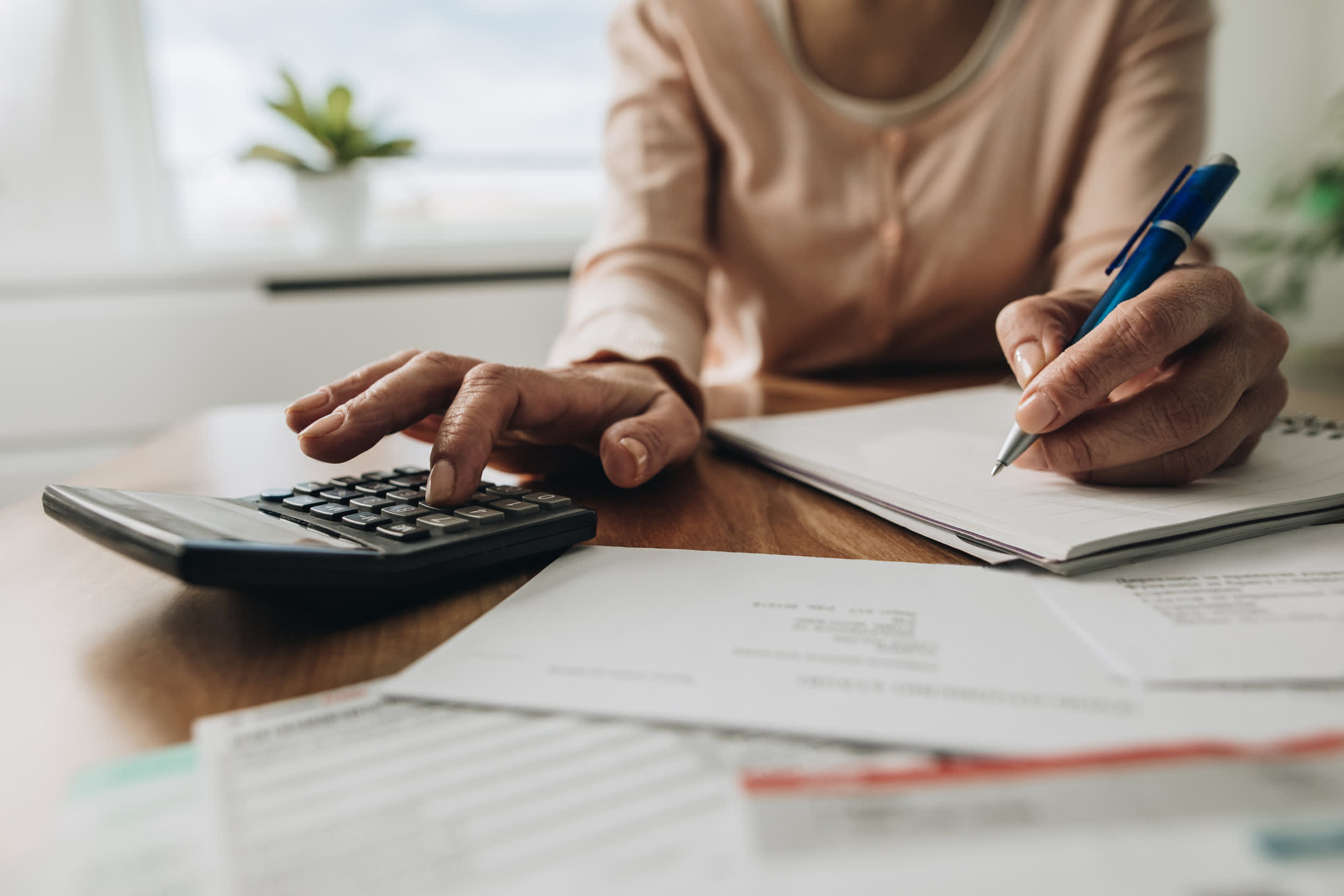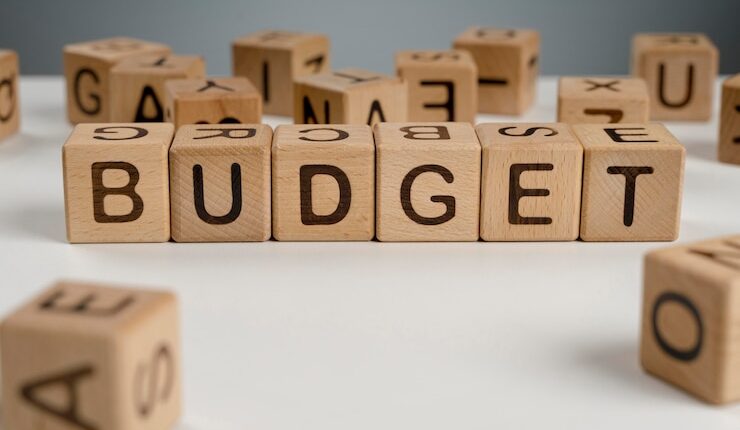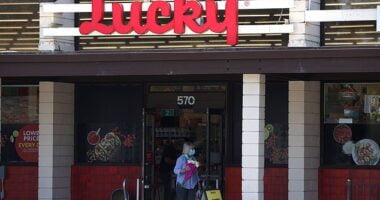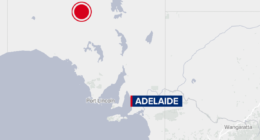Let’s take a look at “How Much Is Inflation Adding To Your Monthly Budget?” According to a recent Deseret News/Hinckley Institute of Politics poll, Utahns say they are already paying hundreds of dollars more each month for necessities as the cost of nearly every category of consumer goods and services continues to rise in the United States due to record-high inflation.
Most Utahns report that their finances are holding up in spite of rising expenditures, particularly significant increases in the cost of basics during the last year, and less than a third of poll participants estimate their financial situation as worse than it was a year ago.

How Much Is Inflation Adding To Your Monthly Budget? Here’s What We Heard In A New Poll
The statewide survey was conducted Sept. 3-21 of 815 registered voters by Dan Jones & Associates. It has a margin of error of plus or minus 3.43 percentage points.
When asked “how much more per month are you paying for basic goods,” 32% of survey participants said they were spending $201-$400 more per month now, 28% said they were spending $101-$200 more, and 22% said increased prices were impacting their budgets by more than $400 per month.
While 6% said they weren’t sure how much more they were spending, 12% estimated their extra costs for basics at $0-$100 per month.
Cottonwood Heights resident Jill Reid said it seems like every time she visits the grocery store, prices have shot up since that last visit.
“It’s mind-boggling, really,” Reid said. “Everything is so much more expensive. I even noticed that the local fruit stands, buying the usual summer produce like tomatoes and peaches, prices are much higher.”

Reid, 69, said she has also found steep price increases when making online purchases, for things like clothes and household items, and is spending more time when planning outings to be more efficient when driving to cut down on gas usage.
She said she and her husband are reasonably well off and able to absorb the price increases in their budget, but she worries about those who have bigger fiscal challenges.
“We’ve been blessed that way and aren’t suffering at all,” Reid said. “But we have lots of friends who aren’t OK and that’s very concerning.”
According to new polling data, most Utahns are weathering the inflation-driven price increases relatively well, but a plurality of respondents say their overall fiscal health has declined in the past year.
When asked “how would you rate your financial situation today,” 57% of of survey participants gave a rating of good or excellent, while 31% said their finances were fair, and 12% rated their fiscal wellbeing as poor.
When it comes to comparing their current financial wellbeing to a year ago, 47% of respondents said they were worse off, 31% said they were better off and 22% reported their financial health was unchanged in the past year.
The latest report from the U.S. Labor Department, released earlier this month, found prices of U.S. consumer goods and services dropped for the second month in a row, but overall costs were up 8.3% in August over the same time last year.
While August inflation was down a bit from July’s 8.5% rate, and well off June’s 9.1%, the data helped bolster the Federal Reserve’s decision last week to make another aggressive benchmark interest rate hike to try to quell U.S. inflation that’s been running at or near record rates since late last year.

The Labor Department report pegged overall U.S inflation at 8.3% in August, but Mountain West states, including Utah, saw the highest regional inflation in the country last month, coming in at 9.6%.
Fed officials have said they’re seeking a “soft landing,” by which they would manage to slow growth enough to tame inflation but not so much as to trigger a recession. Yet economists increasingly say they think the Fed’s steep rate hikes will lead, over time, to job cuts, rising unemployment and a full-blown recession late this year or early next year.
Other data gathered in the latest Deseret News/Hinckley Institute of Politics poll found an overwhelming number of Utahns, 96%, are concerned about inflationary impacts and 88% are worried that an economic recession could hit in the coming year.
Increases in the costs of basic necessities continue to be a primary driver of inflation, which has been running at or near 40-year highs for most of the year.
According to the latest Consumer Price Index report from the Labor Department, shelter, food and medical care all saw continued price increases in August. While overall gas prices dropped 10.6% last month, electricity and natural gas prices rose.
The food index, which captures price changes in both groceries and food purchased away from home, was up 11.4% in August over the same time last year, the biggest year-over-year increase since 1979, according to the Labor Department. Groceries are up 13.5% in the last year.
While gas came down from July to August, prices are still up over 25% from a year ago.
Salt Lake Community College student Elias Fairbourn said the extra money he’s spending on groceries and gas are taking some of the fun out of student life.
“The No. 1 thing that’s hurting is prices going up on gas and groceries,” Fairbourn said. “I definitely feel like I shouldn’t be paying $50 to fill up a 10 gallon tank. I need to save a lot more money and I don’t go out as much.”
Fairbourn, 18, said he also recently bought a used car and felt like he paid way more than he would have a year or two ago.
“I paid $2,000 more than I should have,” Fairbourn said. “I feel like it’s probably not worth what I paid for it, but that’s just where prices are at.”









